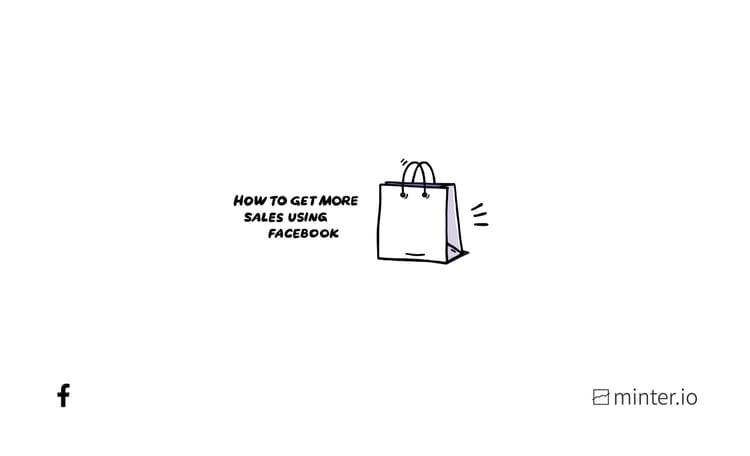How to build trust on Facebook + 8 examples
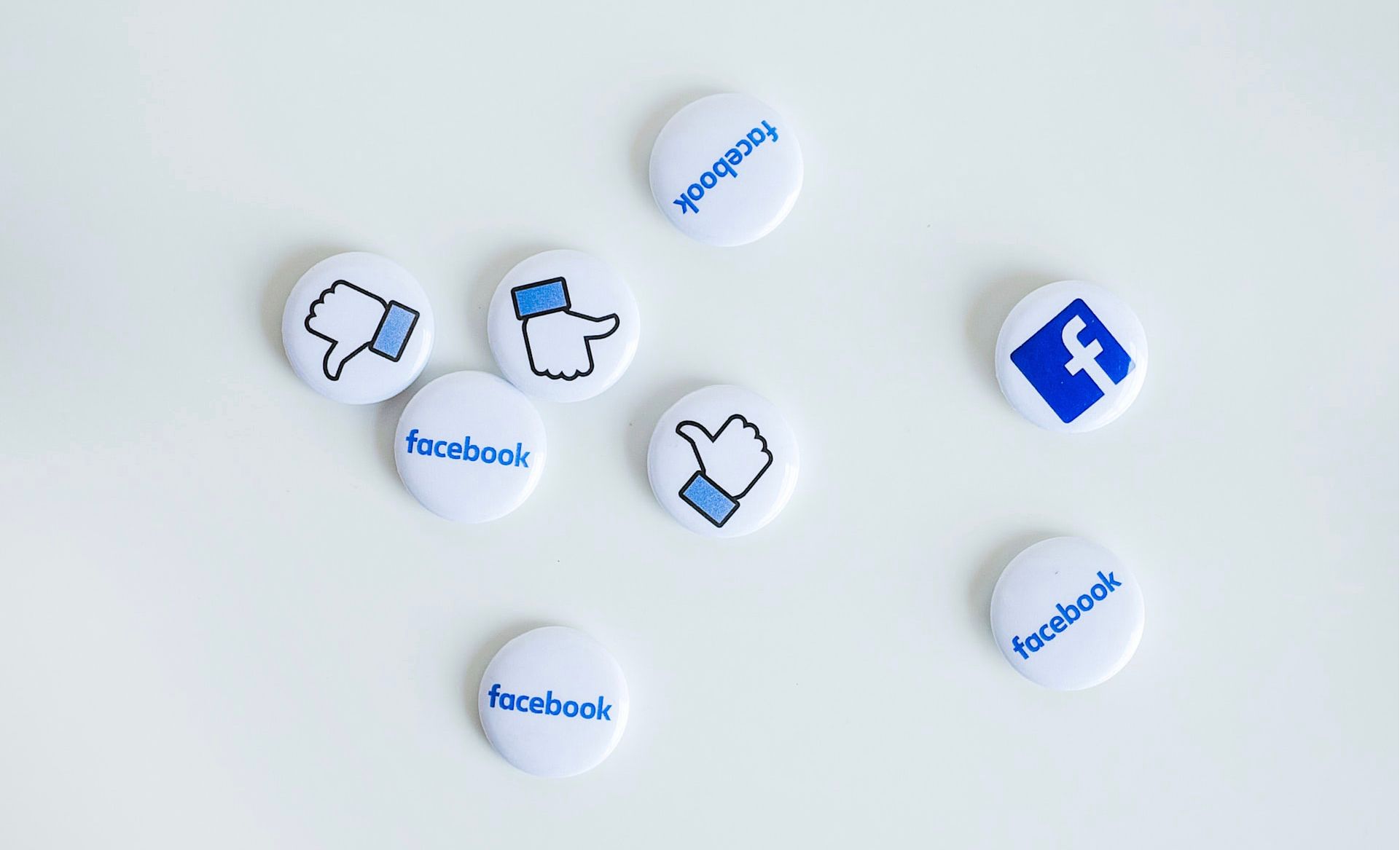
The act of building brand trust on a social media platform is known as social proofing. It uses the psychology that if other people trust a brand, you can too! It can be seen as similar to word-of-mouth marketing because of this.
Social proofing is important because the online climate is filled with saturated markets, big competition and choice for consumers. What will make a potential customer pick your brand over another? Building consumer trust as a brand plays a big role in securing sales from potential customers.
8 Ways To Social Proof Your Facebook Page
1. Reviews & Testimonials
One of the easiest ways to build trust on Facebook is to add a reviews tab to your Facebook page. Customers can rate their experience with your brand out of 5 stars and add a comment.
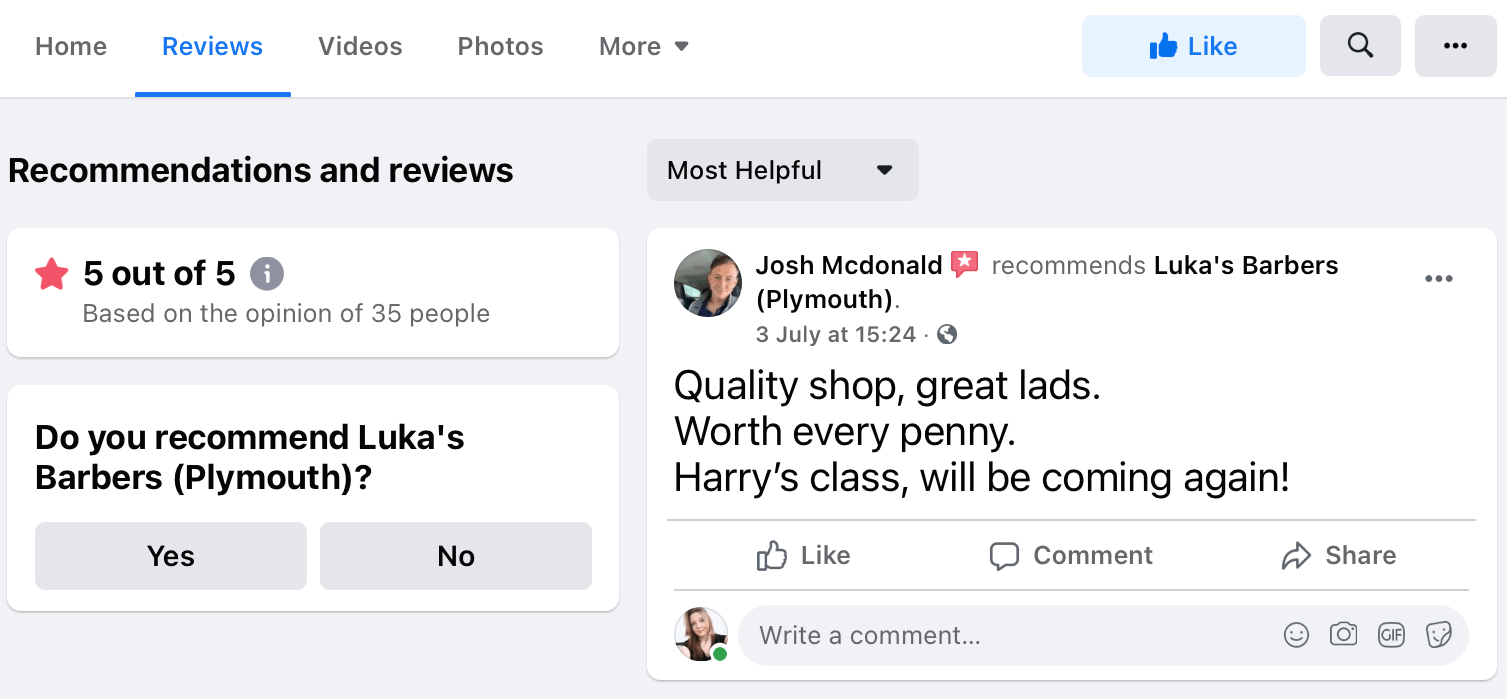
Ask yourself: Are you more likely to trust a brand with a high star rating or a brand without any reviews?
2. Engagement
Look to positive engagement to gain more social proof. When people positively engage with content through likes, comments and shares, not only does this trigger the algorithm to show the piece of content to more people, but it shows that other people trust and like the brand. The more positive engagement you get on content, the better! Keep track of how much engagement you are getting and which types of posts spike positive engagement with Minter.io.
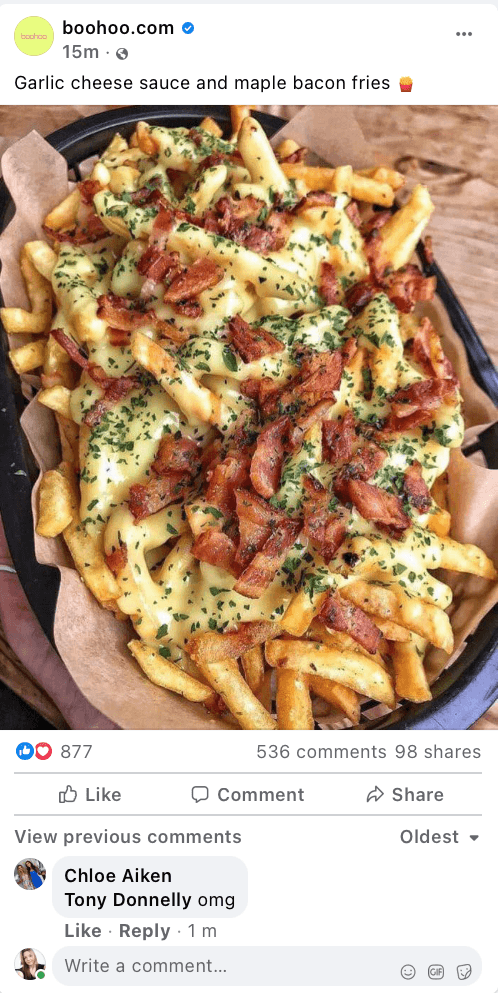
Ask yourself: Are you more likely to trust a brand that gets lots of likes, positive comments and shares over a post with next to no engagement?
3. Numbers Count
When it comes to building trust online, numbers do count. With a bigger following, you are showing new viewers that lots of people like and trust your brand. This can encourage them to do the same.
The number of likes and follows your page has is easily viewed from the ‘About' section at the top of your Facebook page’s home tab. You can also view how quickly messages are responded to. This can be a good indicator of how trustworthy a brand is.
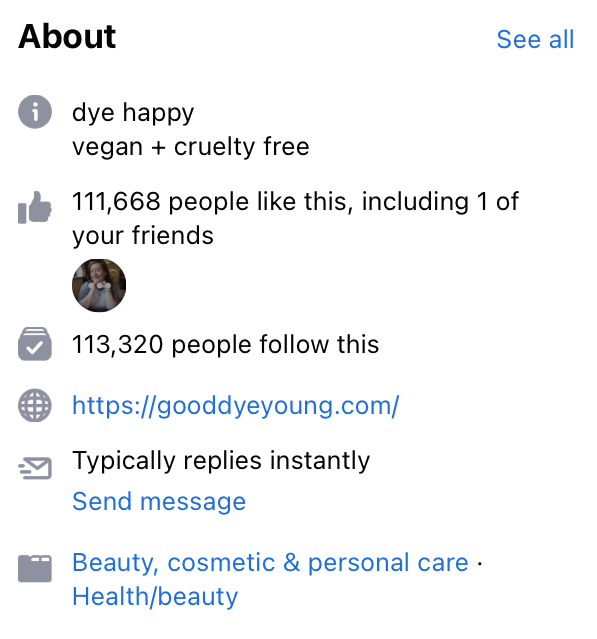
Ask yourself: Are you more likely to trust a brand with 100,000 likes or 100 likes?
4. User-Generated Content
User-generated content is a form of word-of-mouth marketing because it involves customers sharing their support of your brand with their friends through content creation. Word-of-mouth marketing impressions result in 5x more sales than paid media impressions and people are 90% more likely to trust and buy from a brand recommended by a friend. Encourage viewers to share photos of themselves enjoying your products. Your customers can be a huge asset in social proofing your social media.
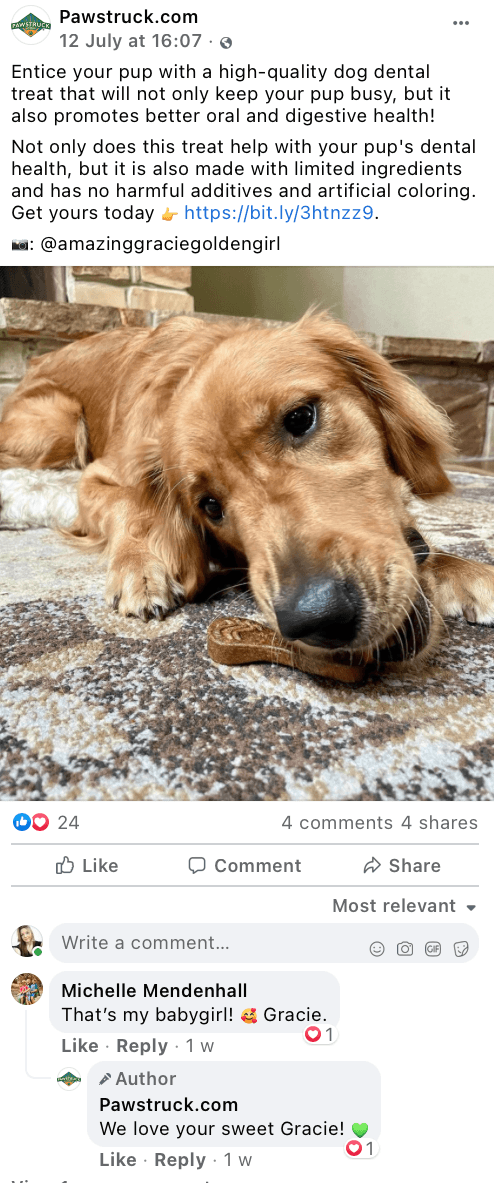
Ask yourself: Are you more likely to trust a brand your friends use and love?
5. Showcasing Brand Collaborations
If you’ve worked with well-known brands - people should know about it. Sharing logos of big brands a company has collaborated with is regularly seen on website banners, but there’s nothing stopping you from showcasing logos on your Facebook banner or sharing key information in your about section.
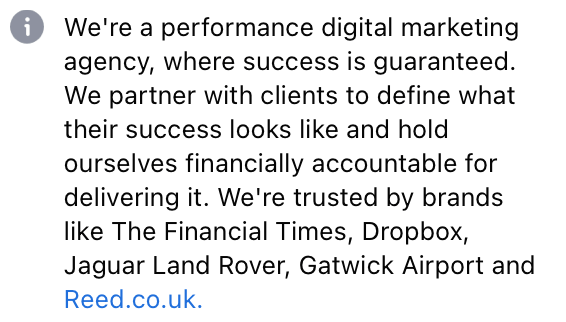
Ask yourself: Are you more likely to trust a brand that has worked with well-known brands?
6. Expert Approval & Endorsements
Whether you get influencers on board or simply ask for a professional opinion, getting approval and endorsements from people outside of your company can go a long way - especially if the endorsement comes from someone well known or if they have a relevant profession to add weight to their opinion.
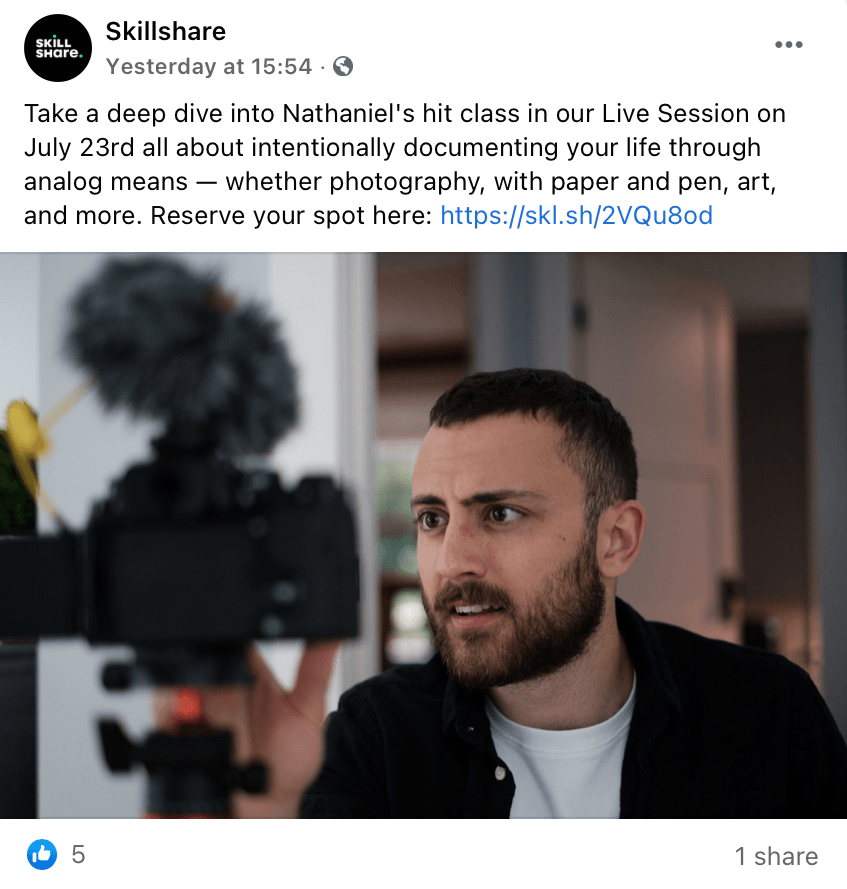
Ask yourself: Are you more likely to trust a brand that has professional or well-known people support it?
7. Qualifications and Experience
Has your brand been active a while? Are you qualified in a relevant trade? Have you been working in your current field over many years? Sharing information of your expertise showcases your business as legitimate, which helps build trust with new viewers.
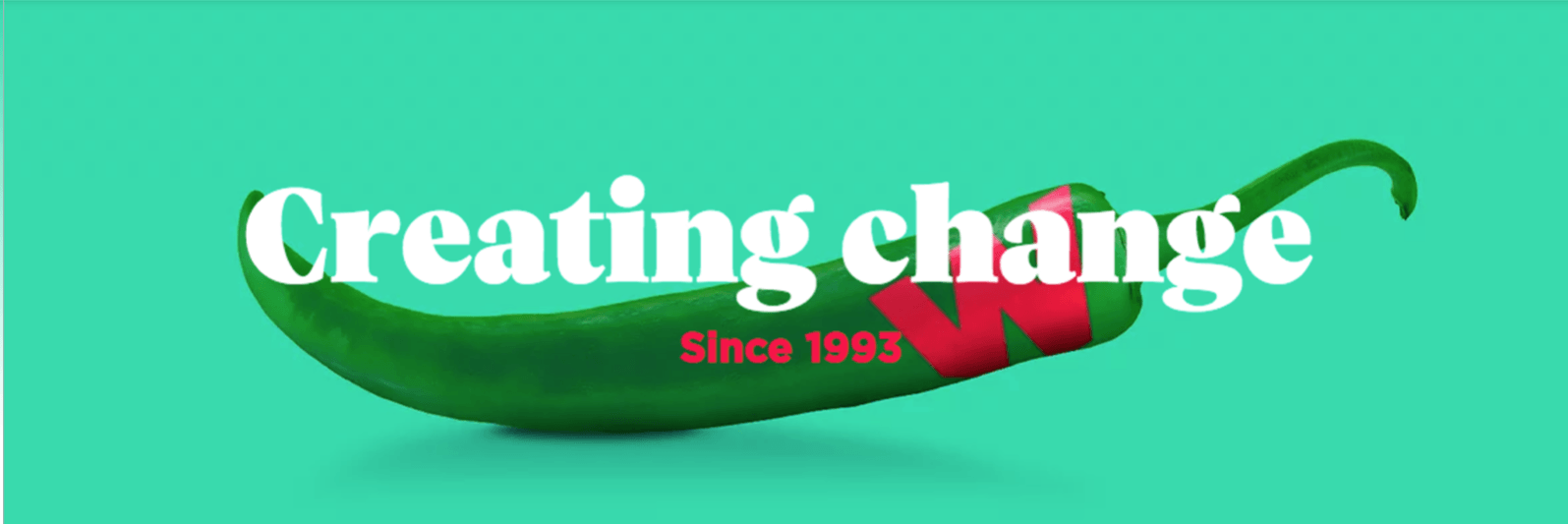
Ask yourself: Are you more likely to trust a brand with 10 years of experience or 1 year of experience?
8. Verification
If you meet the requirements, look into getting a blue check mark for your Facebook page. It adds that extra bit of reassurance for potential customers that you are the real deal.
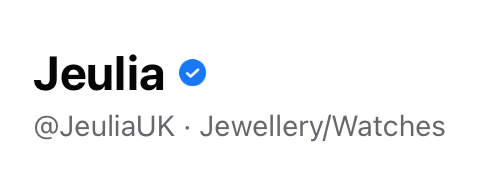
Ask yourself: Are you more likely to trust a brand that is verified?
Keep track of your key performance indicators such as page likes and engagement through Minter.io. This can give you insight into your audience, engagement and optimisation options on social media, helping you to build even more trust into your brand.
Try Minter.io →


